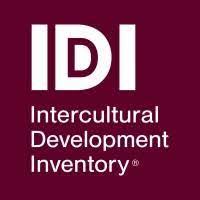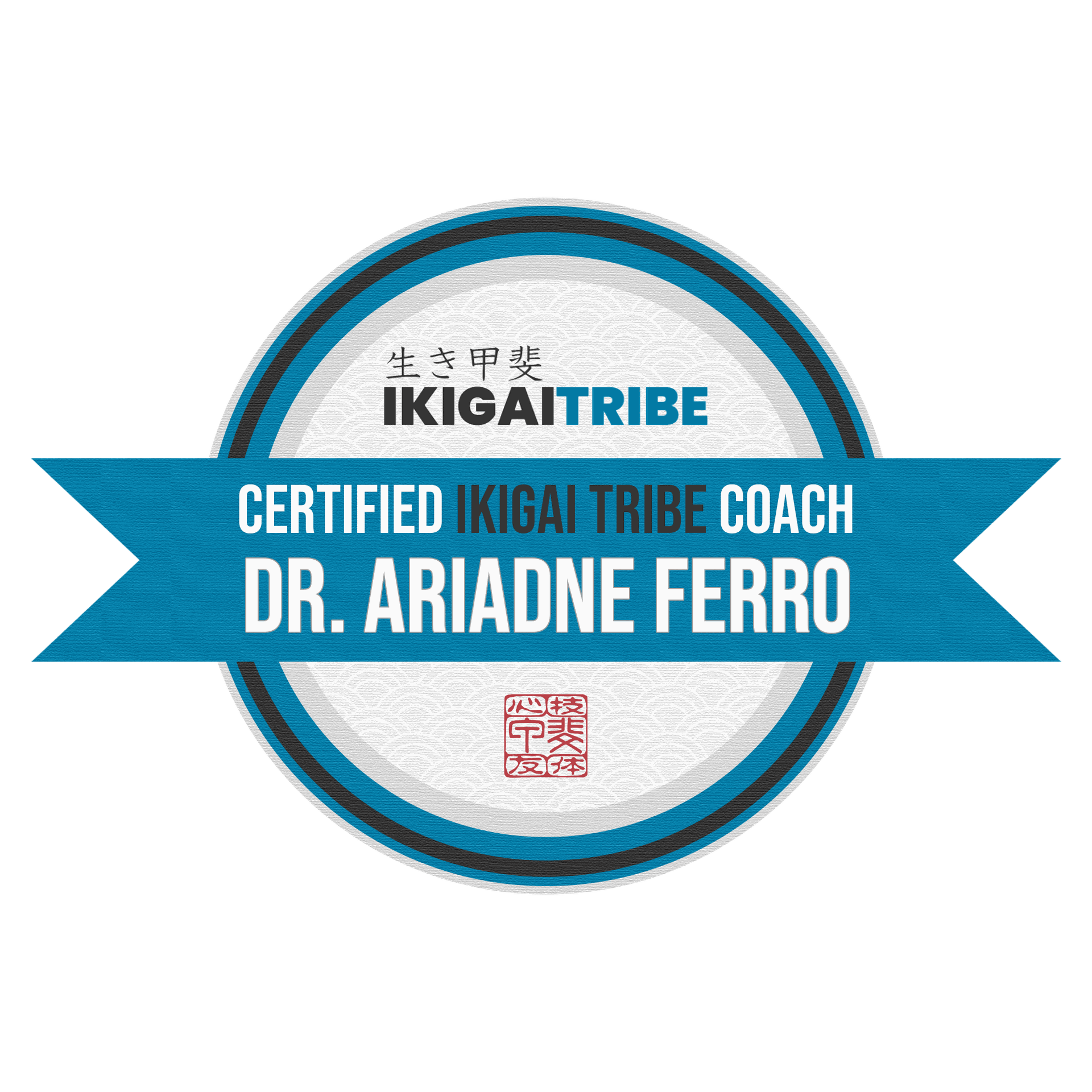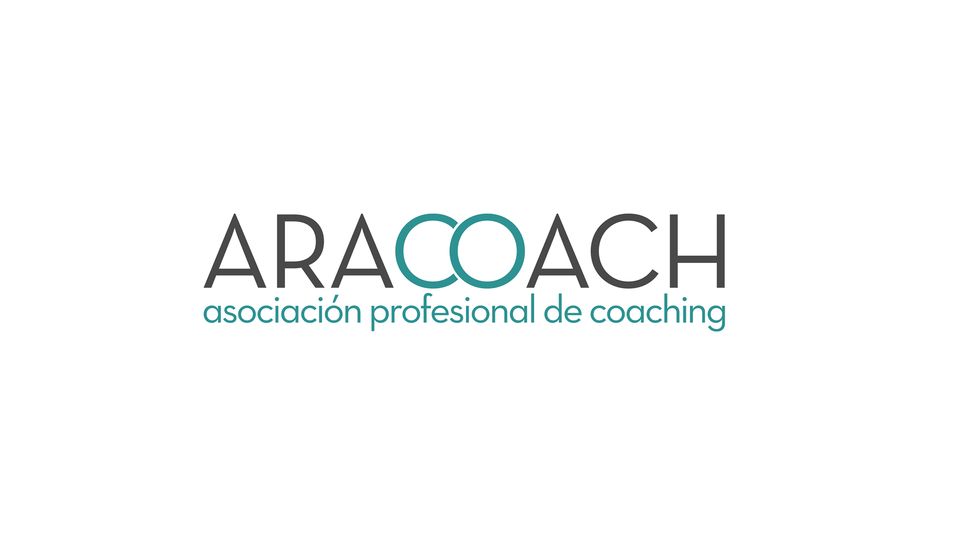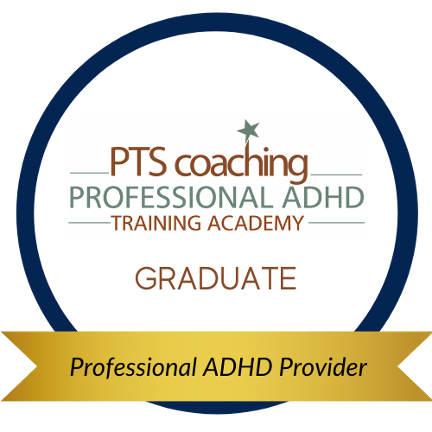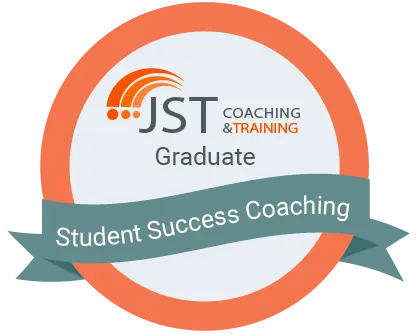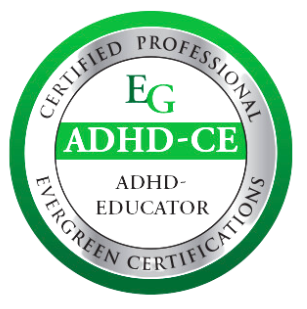Why I educate in ADHD and inclusion
I grew up getting report cards that read “shows lack of self-control.”
My fast, nonstop talking, which earned me the nickname “Motormouth,” made me feel bad about myself. Unfortunately, I never understood the strain in my interpersonal relationships caused by my intense nature and what others perceived as aloofness.
Meanwhile, I was also frustrated and perplexed by my failure to live up to my potential despite my raw talent and best efforts.
Ultimately, I was diagnosed with ADHD in college, but because I was a strong student, I didn’t pursue treatment. At the time, I thought ADHD was a diagnosis for kids who were disruptive and got poor grades.
How my first big risk led to a life of intercultural curiosity
A few years later, I moved to Spain with nothing more than a suitcase and a desire to live an adventure on a shoestring budget.
My cultural transition was a challenging lesson in cultural humility, which inspired me to learn about how languages, cultures, and other differences interact. I began to question who I was and how my background and lived experiences color my view of the world and how I interact with others. Thus began the first phase of my teaching, training, and mentorship career, on my road to becoming an ADHD and inclusion coach.
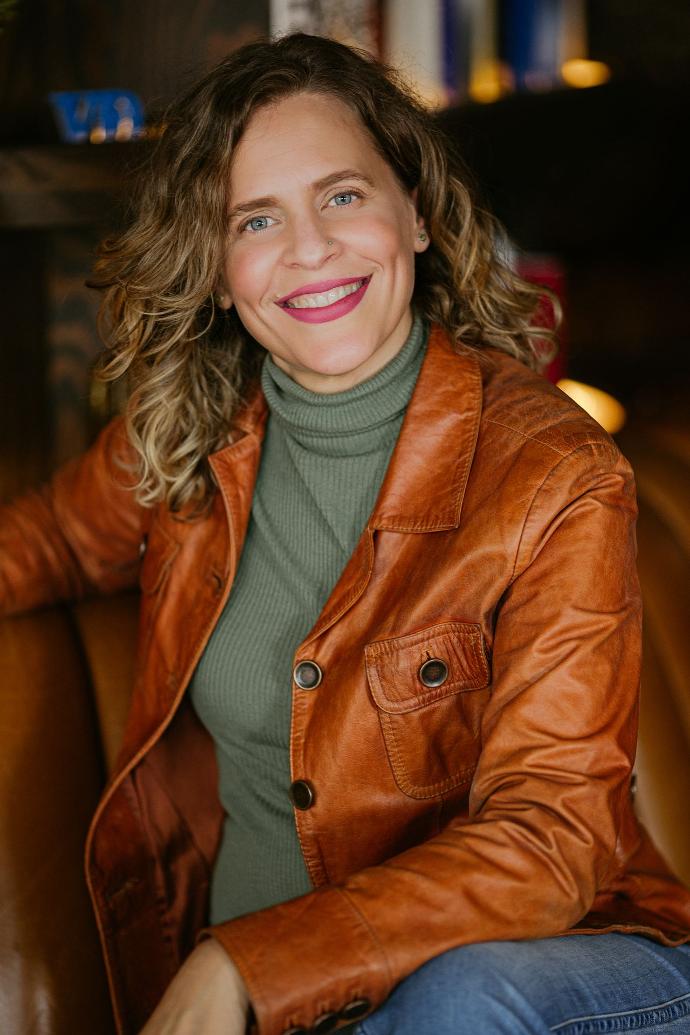
How I became aware of the need for meaningful connection in my life
After building a family in Spain, I reconnected with my own ADHD when I witnessed my son’s struggles with his teachers and at home because of his ADHD diagnosis.
We were lost and unsure of where to turn, what to do, or how to begin helping our son with the impact of his ADHD. Meanwhile it was affecting our connection at home and his connection to his peers. I dove into research and learned how far-reaching this diagnosis is. Many things in my past and in my son’s life began to make sense.
My young family is an ocean away from our extended family and support system. Through our struggles, I experienced an overwhelming sense of disorientation, which cemented in me the importance of identifying and meaningfully recalling my ikigai.
Ikigai refers to a connection with your daily rituals and personal values. It’s about cultivating your relationships, fulfilling your life roles, and working towards a life goal with a healthy sense of urgency. This is particularly important when you have challenges while disconnected from your support system and trusted resources. And it’s why I hope to help others through my training as an ikigai-supported ADHD and inclusion coach.
How I grew from my challenges
In my time living away from my family and having gone through many unexpected personal challenges, I learned the importance of connection:
- With One’s Family
- With One’s Community
- With Oneself

Certifications
How I can help you
I take a multidisciplinary approach to coaching. I have an M.Ed. in intercultural education and am trained as an ADHD and inclusion coach. These tools help me to accompany adults with executive function challenges, such as ADHD.
Through my extensive inclusion training, I can show you how to value and appreciate difference and build bridges.
Finally, my qualification as an Ikigai Tribe™ coach will allow me to join you as you tap into your highest and best self. I will encourage you to establish a connection with yourself and those around you.
Why I chose the Zunzún
The Zunzún is Ariadne.
It symbolizes who I am and what I believe in.
The Spanglish nature of the name references my bilingual and bicultural upbringing. I’m the child and grandchild of Cuban migrants to the United States, where I grew up speaking both Spanish and English in a predominantly Cuban-USAmerican community. The Spanglish in the name is also a reference to the topic on which I wrote my PhD dissertation.
The Zunzún, the Cuban hummingbird, references not only my ancestral homeland, but it also symbolizes ADHD in all of its movement and beauty, as well as connection with self and surroundings.
